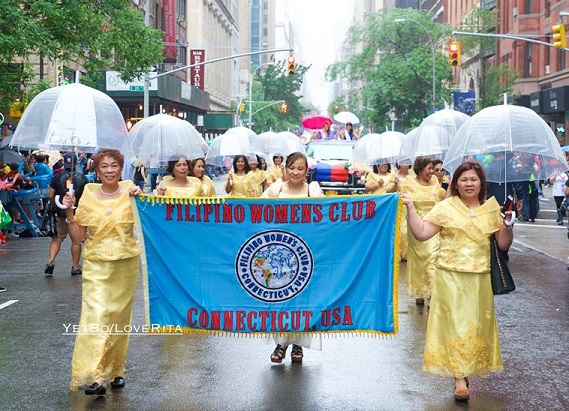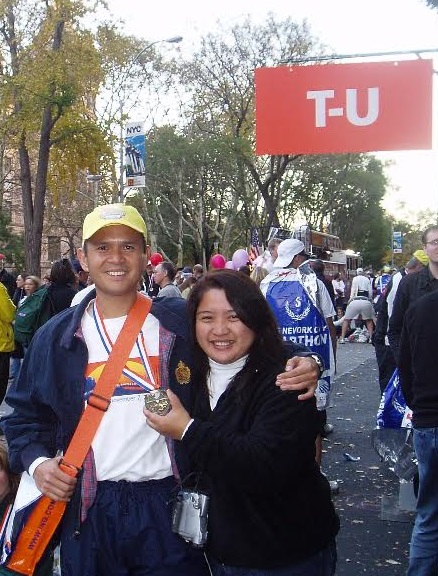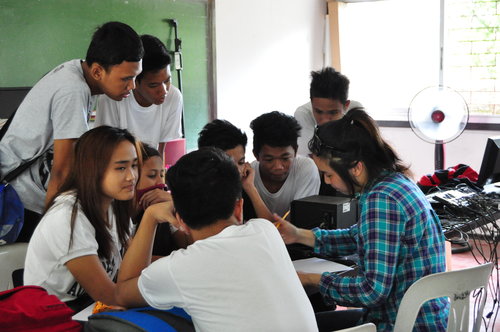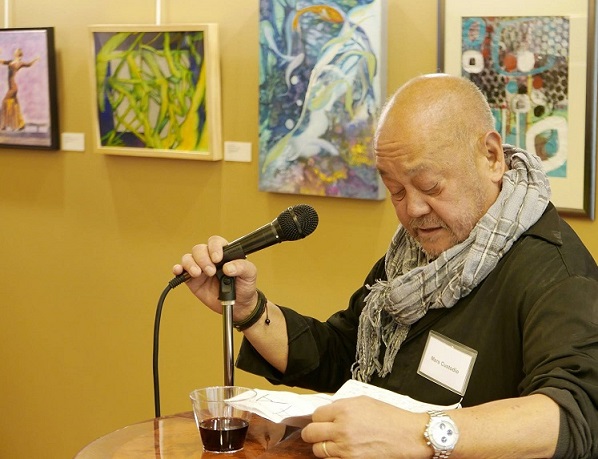When screen time becomes reading time
By Marissa Bañez
I like my screen time. I like watching movies, shows, clips, reels, etc. on TV, my computer, my phone.
Escapism at its finest, except when I find myself asking, “What did that person say?” I usually rewind to see if I could hear or understand better. Unfortunately, all too often, I still can’t hear or understand even after several rewinds!!! So, I just give up, hoping what I missed isn’t crucial to the story. Optimistically, I think: “Maybe I’ll get it based on the context.” But what if I don’t?
I understand and respect that not everyone speaks in the same way. I celebrate the cultural, ethnic, and racial differences that enrich all languages. It’s not accents or different pronunciations that I decry; in fact, I think accents and idiosyncratic ways of speaking lend a wonderfully complex layer of beauty to the spoken word of any language.
It’s the mumbling and speaking in an inaudible voice that drive me crazy! And it happens more often than it should.
At first, I thought it was just me losing my hearing as I age. But I’ve spoken to many younger folks (sometimes, they’re the ones I ask what was said) and, usually, they experience the same frustration.
As a writer, I treasure and think about every single word I use. “Is this the most accurate word to convey my meaning?” “Is this sentence more impactful if written in this way?” “Should I use a slang term?” And so on…
I feel for the screenwriters who likewise struggle with words to create a story they hope will resonate with the viewing audience. Words are their tools of trade. If the speaker mumbles those words, there’s a palpable disconnect with the audience, even if only fleetingly. Worse still, whatever is lost due to mumbling may be critical in some way and an important part of the story as intended by the writer will never be fully appreciated by the audience.
Until now. At least for me.
My screen time has become, in reality, reading time. What’s more, the reading enhances my enjoyment of whatever I’m watching while simultaneously giving due respect to the show’s writers and creators. I just love a win-win situation!
I like reading. No one mumbles in what I read. The author, narrator, and characters all speak at the same volume in my head. Sometimes, I even choose to “hear” certain characters speak in a different accent or funny voice to make things more interesting.
Thanks to my love for Korean and, to a lesser extent, other foreign shows, I’ve transformed my extensive screen time into “creative reading time.” Because I don’t speak those other languages, I watch the shows with English subtitles, instead of dubbed-in English. To me, watching the dubbed shows is just plain weird, especially when a character continues to mouth something but the voiceover is done, or vice versa.
I’d rather hear the beauty of the spoken foreign language while reading the subtitles.
What’s more, I wouldn’t know – and don’t even care – if a speaker mumbles the foreign words. The subtitles express what is meant to be conveyed. Notice I didn’t say the subtitles are direct translations of what the characters say. Often, they are not. I’ve watched enough Korean shows and recognize some basic words and phrases to know that what may be printed at the bottom of the screen is not necessarily an exact translation of the words spoken. The subtitles attempt to communicate the ideas and feelings that underlie the characters’ emotions and circumstances shown on screen, often across cultural divides. It’s an exciting reading experience because it provides me with an understanding of a show’s intended meaning within its proper social context.
Having gotten used to watching foreign shows with subtitles, I’ve now also started watching American/English shows with subtitles for a different reason: I don’t want to miss anything through anyone’s mumbling. The subtitles of American/English shows are exactly as the speaker utters the words, mumbled or not. It’s transcription, not interpretation. This too is a fun type of reading. It’s like reading a book, except that I don’t have to imagine the characters or scenes, which are nicely spoon-fed to me on the screen.
Reading a book forces me to imagine everything in my own head, guided by the author’s words and the confines of my personal worldview. Reading subtitles in American/English shows challenges me to see characters, places, and things from someone else’s perspective and imaginings, which may be different from mine. Perhaps this is best exemplified by Bridgerton, with its unexpected diverse characters who playfully defy our ingrained concepts about Anglo-Saxon or European nobility.
Refashioning my screen time as reading time has expanded my appreciation for the spoken and written word in several beneficial ways. In fact, I sometimes watch American/English shows with Spanish subtitles to practice my Spanish. And, I was delighted to learn that many shows have Filipino/Tagalog subtitles! So, light up your screens, hit the icon for your subtitle language of choice, and magbasa tayo (let’s read)!
Marissa Bañez is an attorney and author of children’s books, ‘Hope and Fortune’ and ‘Hues and Harmony (How the Rainbow Butterfly Got Her Colors)’. She has written several articles and essays for The FilAm.














